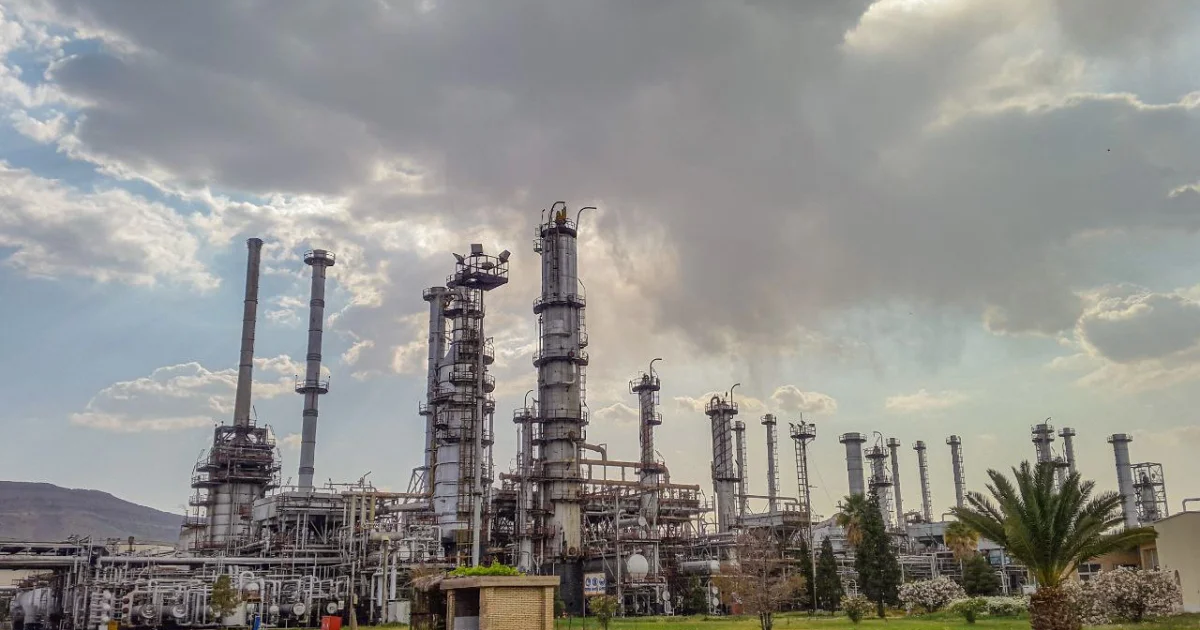
Similar Posts
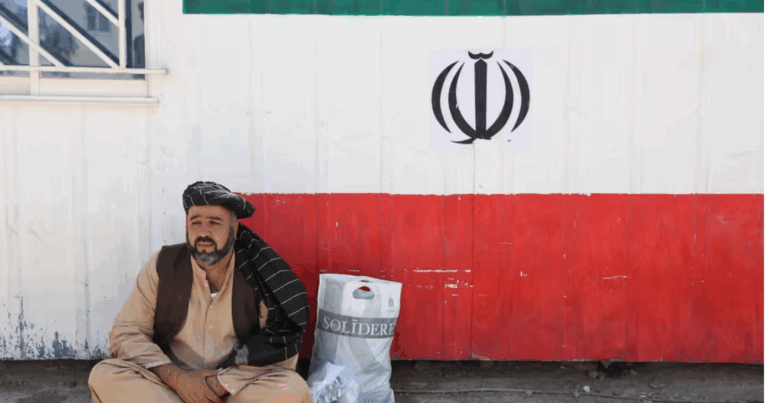
Iran’s Economic Decline Fuels Growing Populist Movement to Expel Afghan Migrants
As inflation and unemployment rise in Iran, discussions about undocumented Afghan migrants have intensified, with many citizens and officials advocating for their expulsion. Interior Minister Eskandar Momeni highlighted concerns over job scarcity, noting over 1.2 million undocumented migrants were repatriated last year. Approximately 6.1 million Afghans reside in Iran, though unofficial estimates suggest up to 15 million. Advocates argue that Afghan migrants benefit from government subsidies meant for citizens, exacerbating public frustration. Amid economic instability, President Masoud Pezeshkian called for stricter border controls and international assistance, reflecting the complex dynamics of immigration and national identity in Iran.
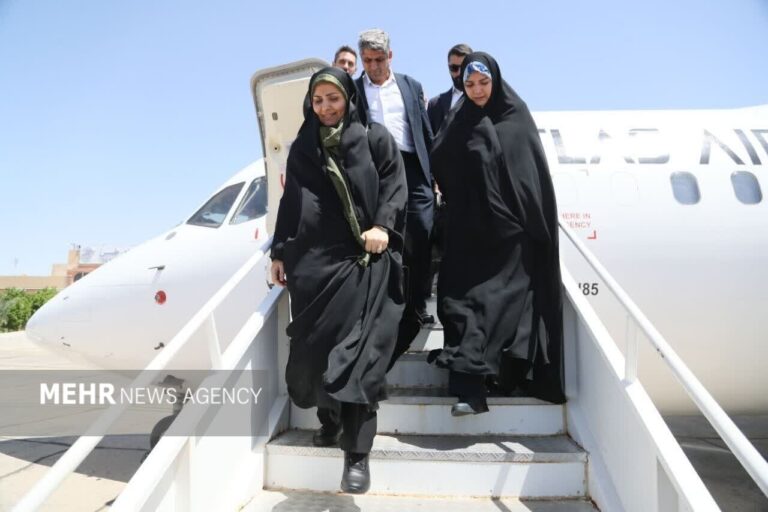
Iran’s Roads Minister Strengthens Transport Cooperation with Iraq During Key Visit
Iran’s Minister of Roads and Urban Development, Farzaneh Sadegh, visited Iraq to bolster transportation ties, focusing on the Shalamcheh–Basra railway and improving pilgrimage facilities for the upcoming Arbaeen event. Welcomed by Iraq’s Deputy Minister of Transport, Sadegh plans to meet with top officials, including the Prime Minister, to discuss cooperation, the status of bilateral relations, and logistical challenges for pilgrims. The railway project aims to enhance travel and trade between the nations. Sadegh’s visit underscores their commitment to strengthen cultural and economic connections through improved transport infrastructure, benefiting both countries in the long term.
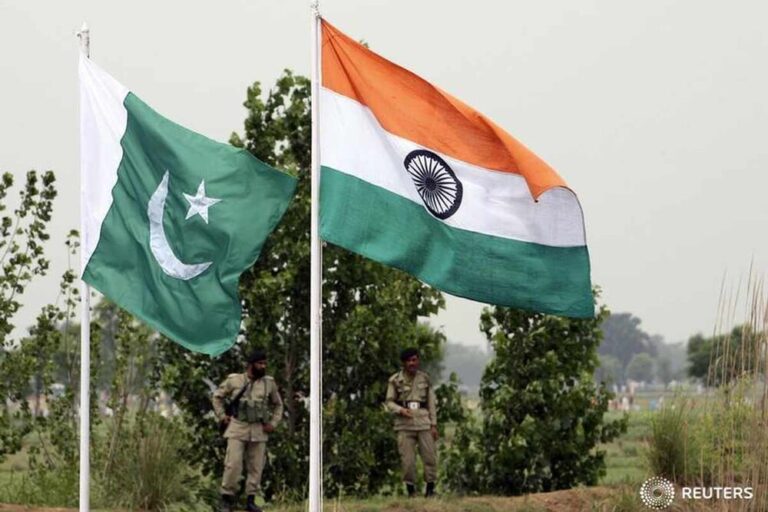
India Imposes Import Ban on Pakistan Following Pahalgam Attack: Economic Implications Unfold
India has enacted a ban on all imports and transit of goods from Pakistan, citing national security concerns. This decision follows heightened tensions after a deadly attack in Kashmir, which India attributes to Pakistani support. In response, Pakistan has ceased border trade, closed its airspace to Indian flights, and expelled Indian diplomats. Additionally, Pakistan’s military successfully tested the Abdali surface-to-surface missile, aggravating the situation. India’s suspension of the Indus Water Treaty has been met with warnings from Pakistan, indicating a serious escalation. Both nations face a critical juncture, with the international community urging for diplomatic dialogue to resolve the conflict.
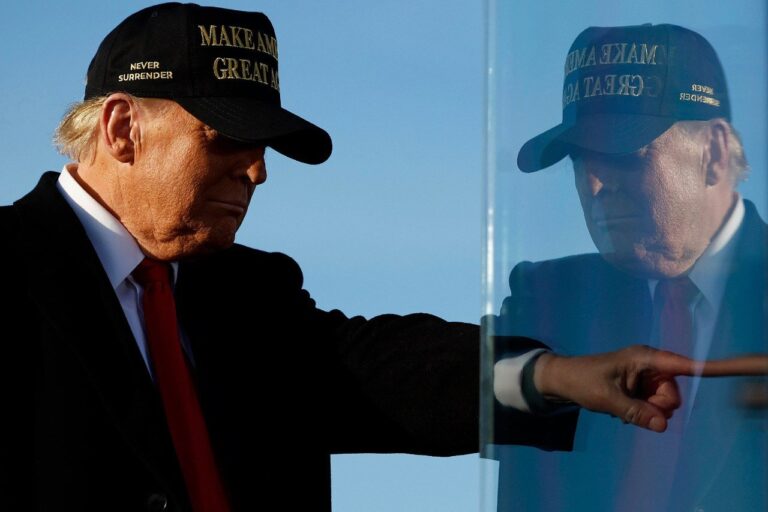
Trump Sets Conditions for a Game-Changing Trade Deal with China
Former President Trump recently highlighted the U.S. trade deficit with China, claiming it exceeds $1 trillion. He stressed the need to address this issue for any future trade agreements, stating, “A deficit is a loss.” Trump noted that tariffs have led to $7 trillion in investment commitments in American manufacturing. He expressed confidence in U.S. economic strength and criticized the current administration for worsening trade deficits. Trump reiterated his belief in tariffs as essential for correcting trade imbalances, implementing a 10% baseline tariff on imports, with China facing an additional 34% tariff. His focus remains on reshaping U.S. trade policies to ensure economic dominance.
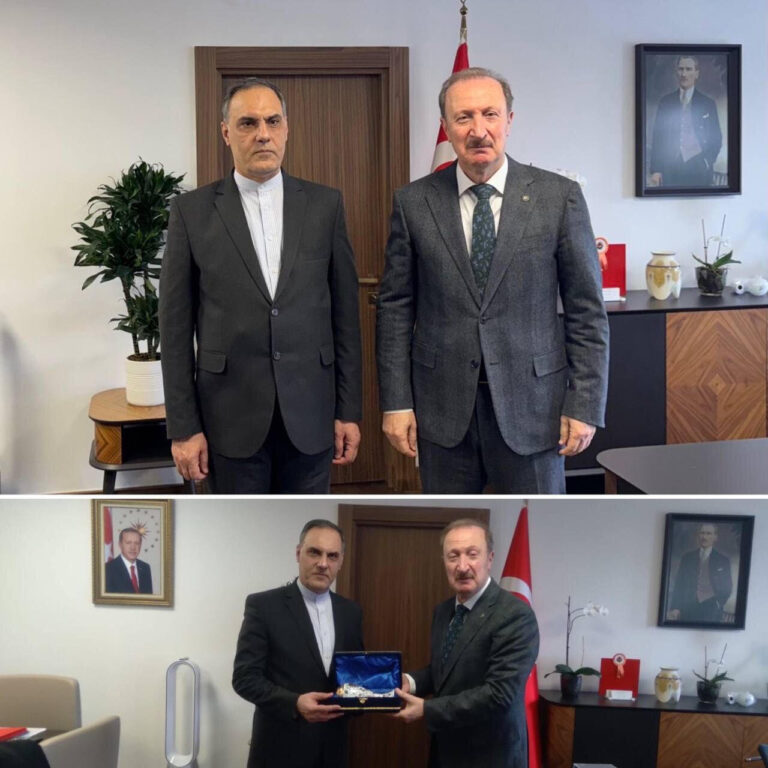
Iran and Turkey Boost Transport and Transit Cooperation: A New Era of Connectivity
In a meeting between Iranian Ambassador Mohammad-Hassan Habibzadeh and Turkish Deputy Minister Enver Iskurt, Iran and Turkey discussed enhancing cooperation in transportation and transit sectors. Key topics included improving rail connectivity, road infrastructure, air travel, and maritime shipping. A major concern was the recent challenges at Iran-Turkey border crossings, exacerbated by Turkey’s decision to revoke fuel tax exemptions for Iranian trucks, imposing high tax rates. This policy change raises concerns about trade dynamics and financial burdens on Iranian drivers. Both nations emphasized the need for ongoing dialogue, infrastructure investment, and mutually beneficial policies to strengthen bilateral relations and regional stability.
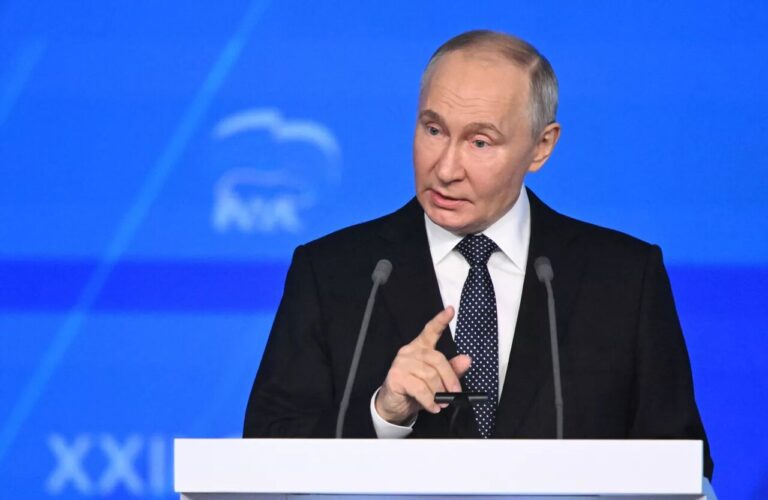
Russia and Iran Collaborate on Building Advanced Nuclear Power Units
Russian President Vladimir Putin announced significant progress in the Bushehr Nuclear Power Plant (NPP) project in Iran, aiming to enhance energy security and provide cost-effective, eco-friendly electricity. The first unit is successfully operational, with discussions for additional units underway. Notably, 80% of construction is conducted by local Iranian companies, fostering job creation. Putin emphasized that the project strengthens Russian-Iranian cooperation and supports Iran’s economy while transitioning to sustainable energy sources. The Bushehr NPP represents a long-term vision for diversifying Iran’s energy portfolio and aligns with global efforts to combat climate change through low-carbon nuclear energy solutions.